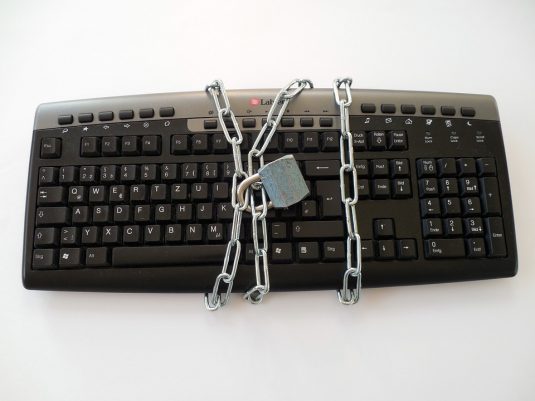3 Good Habits to Ensure Maximum Security for Your PC
When it comes to computer security, you should not let laziness or impatience get in the way to be able to ensure your data is protected. Here are 3 good PC security habits you should develop and then practice regularly:
-
Lock your PC always when not in use.
This is one habit that almost all users are aware of, but only a few practice. You should ensure that your desktop or laptop computer is not left unlocked and attended, even if you are using it a semi-private place, such as the office. Considering that you most probably log in to your computer as administrator, it would take just a few seconds for someone to install some form of spyware or malware that is designed to evade detection by popular antivirus software. One good way to avoid becoming a victim is to lock your device with a password when you are away from it.
-
Use a virtual private network (VPN) when connecting to Wi-Fi.
A primary concern of security-conscious users is having an intruder spy on your online activities and becoming a target for phishing attacks or hijacked connections. This situation could happen in various settings, especially at unsecure Wi-Fi hotspots, fake cellular base towers or hotel networks that have been compromised by cyber-criminals. Thus, it is best to use VPN every time you use public wireless connections.
-
Enable 2-step authentication for your online accounts.
Basic password-usage methods are fundamental in keeping your PC secure, but they are not nearly enough, considering that ways to attack computers have also been evolving. As you can see, cyber-criminals use a lot of methods to steal static passwords, with bugs in poorly designed software opening up additional threat vectors. As such, having a second, dynamic code will increase the likelihood that your online accounts will stay safe even with compromised passwords.

Though these tips will not offer 100% guarantee that you will never experience security issues, they are great habits to develop and practice regularly, which is not a bad thing in an increasingly insecure world of the internet and computers.





